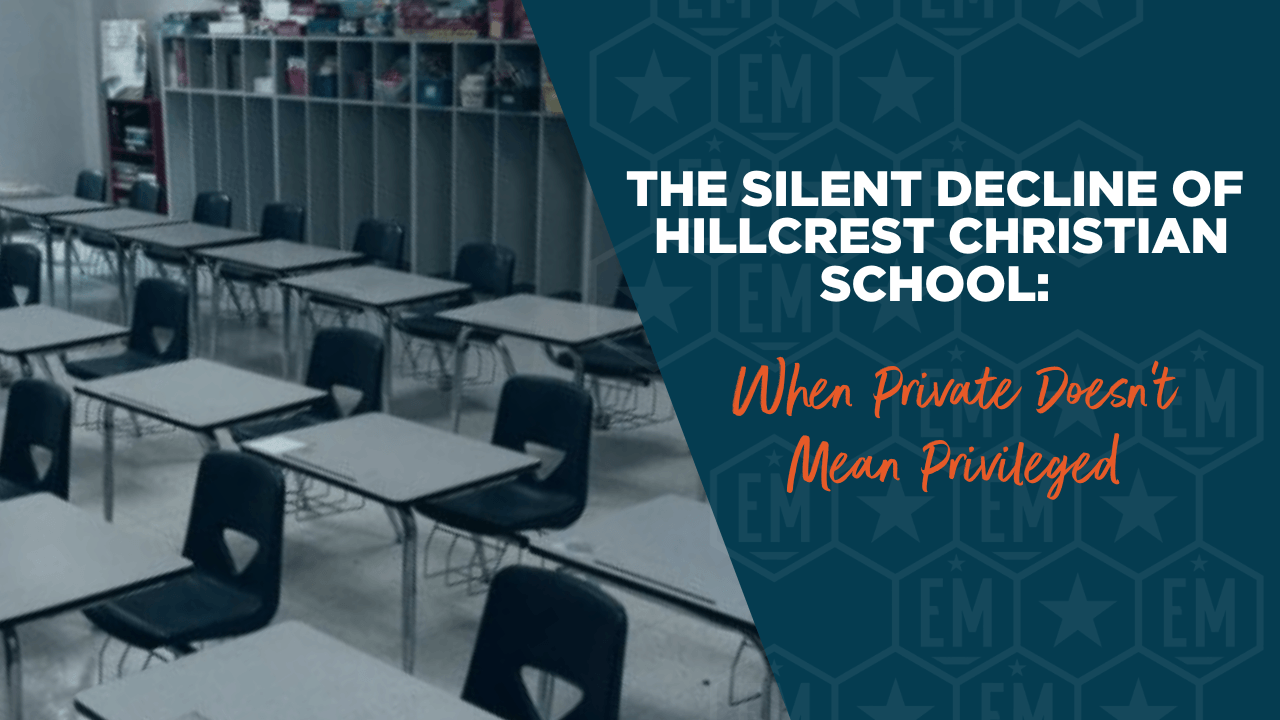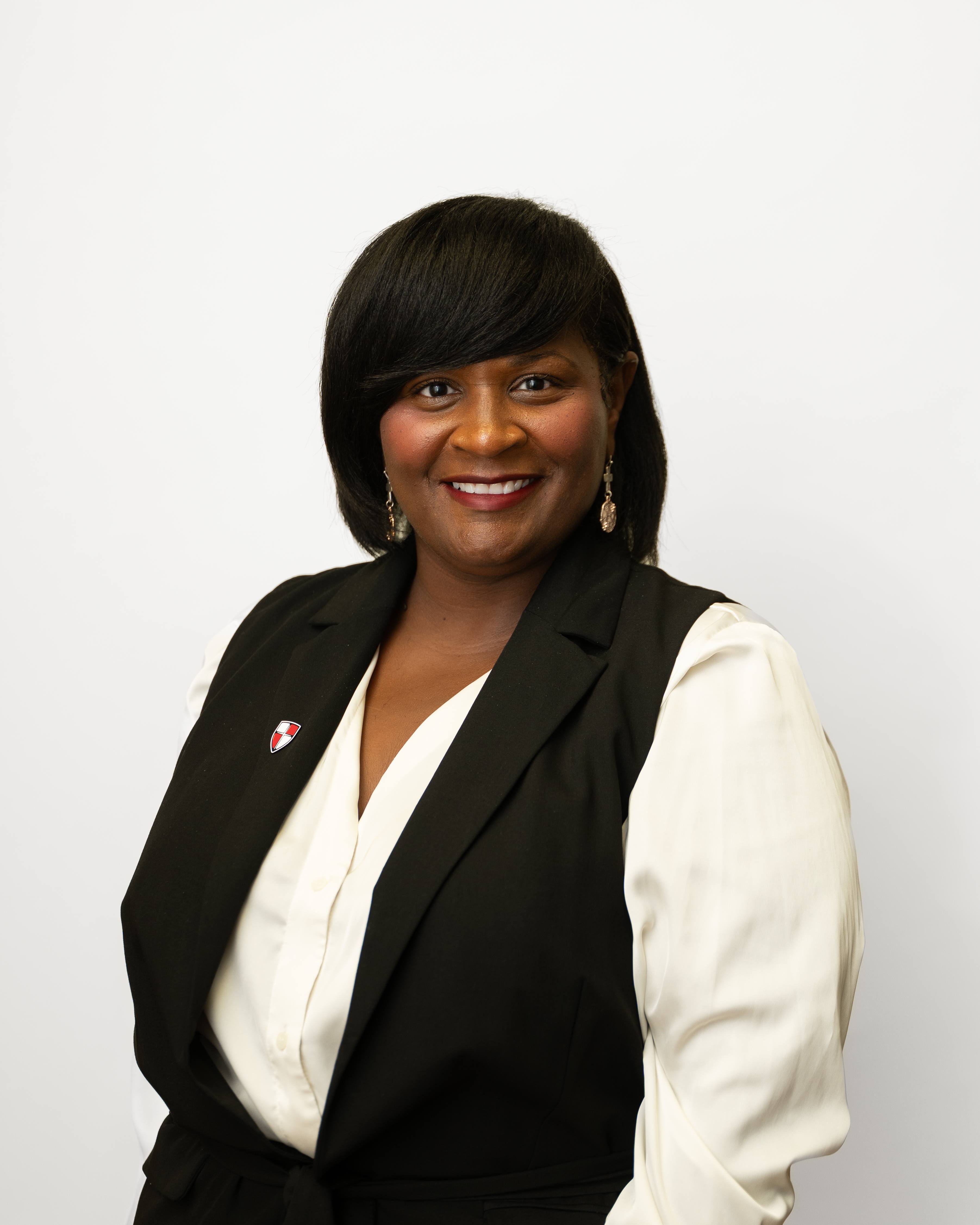The Silent Decline of Hillcrest Christian School: When Private Doesn’t Mean Privileged

In the heart of Mississippi sits Hillcrest Christian School, a beacon of faith-based education serving predominantly African-American students in south Jackson. Once bustling with 1,200 students, today the halls echo with just over 200 enrolled children. This steep decline is more than just numbers—it’s a story of a community at risk of losing a vital educational and spiritual home.
Under the steady leadership of Principal Charles Lacy and the unwavering dedication of longtime teacher Mrs. Judy Head, who has faithfully served Hillcrest Christian School for 40 years, the school continues to hold onto hope. Alumni board members John Morgan Hughes and Lindsey Claire-Hutchins stand alongside fellow board members LaNita Gaines-Hargett, Jonathan Reves, and Luke Epperson, who also serves as Chaplain. Together with April Epperson, the school’s Spiritual Life Director, they stand firmly behind their new leader and remain committed to the mission of serving their community.
The Financial Barrier to Education
The school’s greatest challenge is financial. Tuition at Hillcrest is currently $7,200, though realistically it should be closer to $8,500–$9,000 to sustain quality education. Many families want to enroll their children but simply cannot afford the tuition.
A survey conducted by Hillcrest of families within a five-mile radius revealed that 52% of families prefer faith-based education, yet only 42% say they can likely contribute $250 per month or more toward their child’s education in an independent Christian environment. While $250 is far below the monthly cost of full private school tuition, it highlights the gap between families’ desires and what they can realistically afford. As a result, many families who would prefer a private Christian education are left without access to the schooling they want for their children.
This tuition-based model restricts enrollment and threatens the school’s future. Unpaid tuition and unforeseen financial setbacks have compounded the strain.
Why School Choice Matters
Hillcrest Christian School’s struggle is a microcosm of a larger issue facing Mississippi: the need for school choice. Education Savings Accounts (ESAs) empower parents to select the best educational fit for their children—including schools like Hillcrest. This choice is especially critical for families who desire a faith-based education but lack the financial means to afford it. Notably, every surrounding state offers families this option, while Mississippi does not.
Without school choice, schools like Hillcrest risk extinction, taking with them an inclusive, multicultural, and faith-centered education option. The impact is not just academic but spiritual and communal. For some children, Hillcrest is the only church they know, the only place where their faith and education intertwine.
A Call to Action
Establishing school choice and ESAs is critical to empowering families to make the best decisions for their children, preserving schools like Hillcrest, and strengthening communities.
Hillcrest Christian School’s empty classrooms are a stark warning: without action, more faith-based, multicultural private schools could close. Facing financial challenges, Hillcrest is working to rebrand and recently launched the I Am One campaign to highlight its student demographics and the vital role of private Christian education. Mississippi cannot wait—school choice options must be created now, before more educational opportunities, and the schools that provide them, are lost forever.
Redemption is an Option, If the Choice is Made
The story of Hillcrest Christian School is one of resilience, hope, and a community ready to write a redemption story. But hope alone cannot fill classrooms or balance budgets. Mississippi must take bold steps to establish a system that ensures families have access to the education their children deserve.
